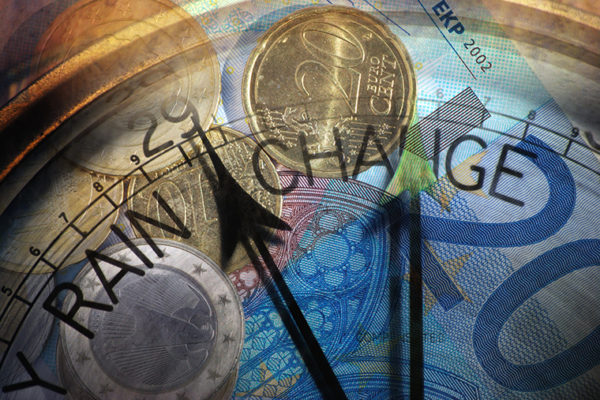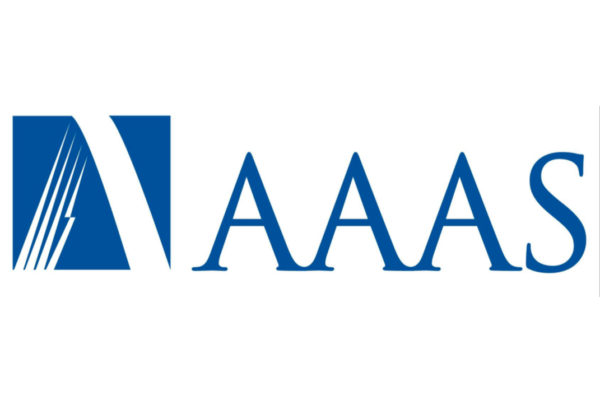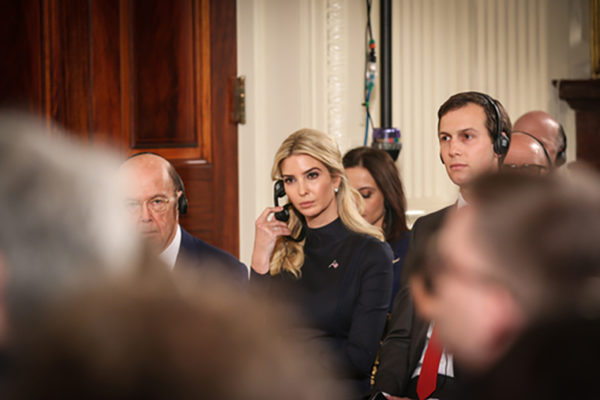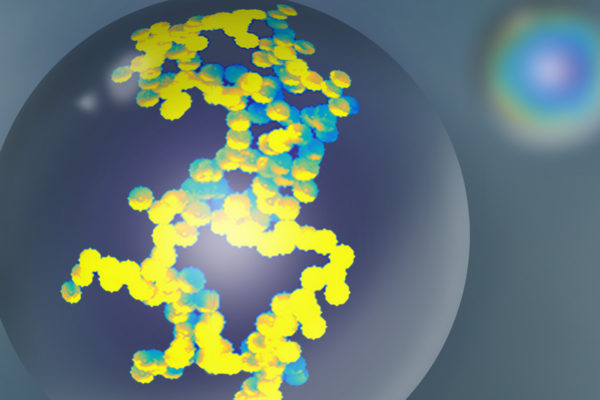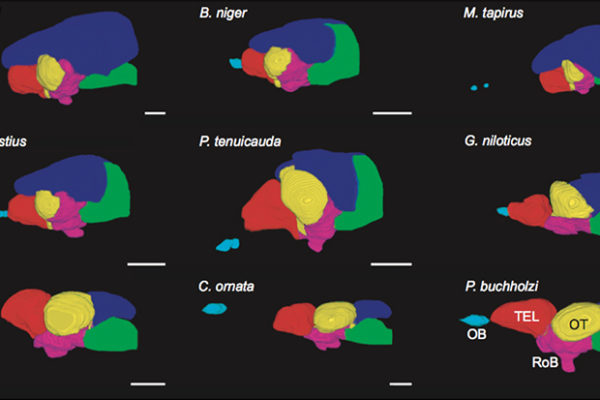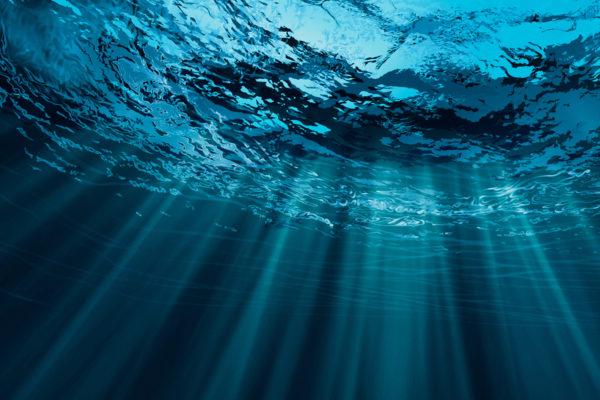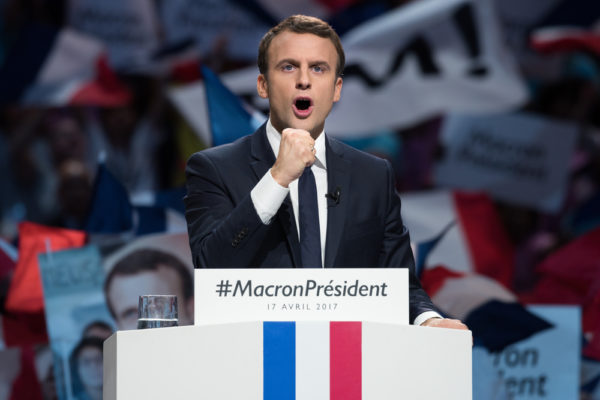WashU Expert: Students at every grade need to learn climate science
Even the youngest students are ready to learn about climate science, according to Michael Wysession, professor of Earth and Planetary Sciences in Arts & Sciences and executive director of the Teaching Center at Washington University in St. Louis.
The Discoverer: Lan Yang
Lan Yang, Washington University in St. Louis research scientist, has a passion and persistence for photonics.
Economics of climate change difficult to assess
As an economist, academician and researcher steeped in such data and assessments, one Washington University in St. Louis expert wants to press the pause button on the worst-case-scenario numbers related to the National Climate Assessment that was released the day after Thanksgiving.
AAAS names 11 Washington University faculty as fellows
Eleven faculty members at Washington University in St. Louis are among 416 new fellows selected by the American Association for the Advancement of Science (AAAS), the world’s largest general scientific society.
WashU Expert: Work vs. private email — even at the White House
When it comes to personal versus private email use, it’s all a matter of controlling access.
The Fighter: Audrey Odom John
Audrey Odom John, MD, PhD, is on a mission to fight the spread of infectious diseases like malaria through better, faster, more nimble diagnostic tools.
Engineers discover a new law of light absorption
Researchers in the School of Engineering & Applied Science have discovered a new, natural law that sheds light on the fundamental relationship between coated black carbon and light absorption.
New maps hint at how electric fish got their big brains
Washington University researchers have mapped the regions of the brain in mormyrid fish in extremely high detail. In a study published in the Nov. 15 issue of Current Biology, they report that the part of the brain called the cerebellum is bigger in members of this fish family compared to related fish — and this may be associated with their use of weak electric discharges to locate prey and to communicate with one another.
What a deep dive into the deep blue sea is teaching us
Slow-motion collisions of tectonic plates under the ocean drag about three times more water down into the deep Earth than previously estimated, according to a first-of-its-kind seismic study that spans the Mariana Trench. The work has important implications for the global water cycle, according to Douglas A. Wiens in Arts & Sciences.
Cordell Institute signs ‘Paris Call for Trust and Security in Cyberspace’
Washington University’s newly launched Cordell Institute for Policy in Medicine & Law has signed on as one of the early signatories of French President Emanuel Macron’s “Paris Call for Trust and Security in Cyberspace,” announced Nov. 12 as part of the peace forum commemorating 100 years since the ending of World War I.
Older Stories


